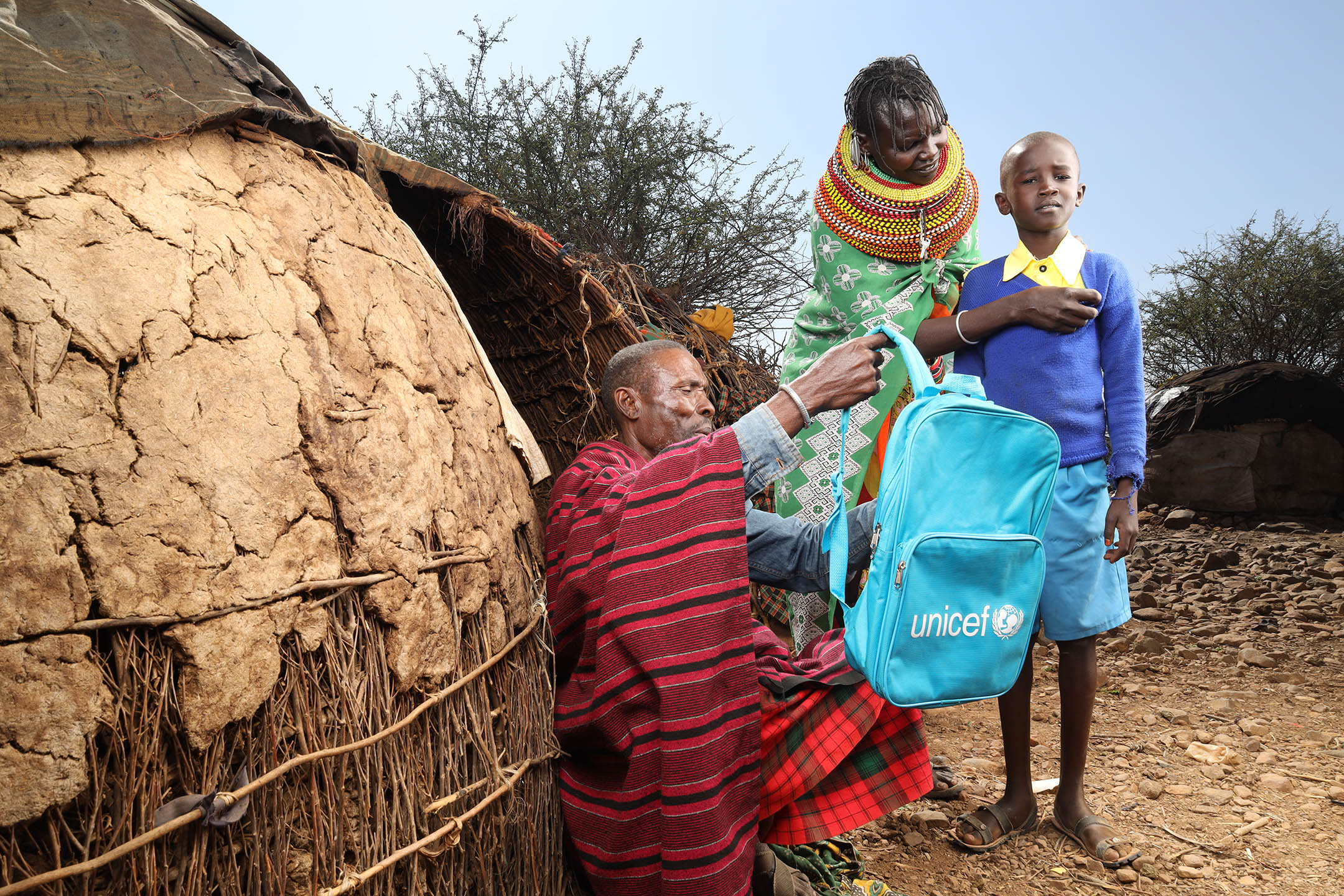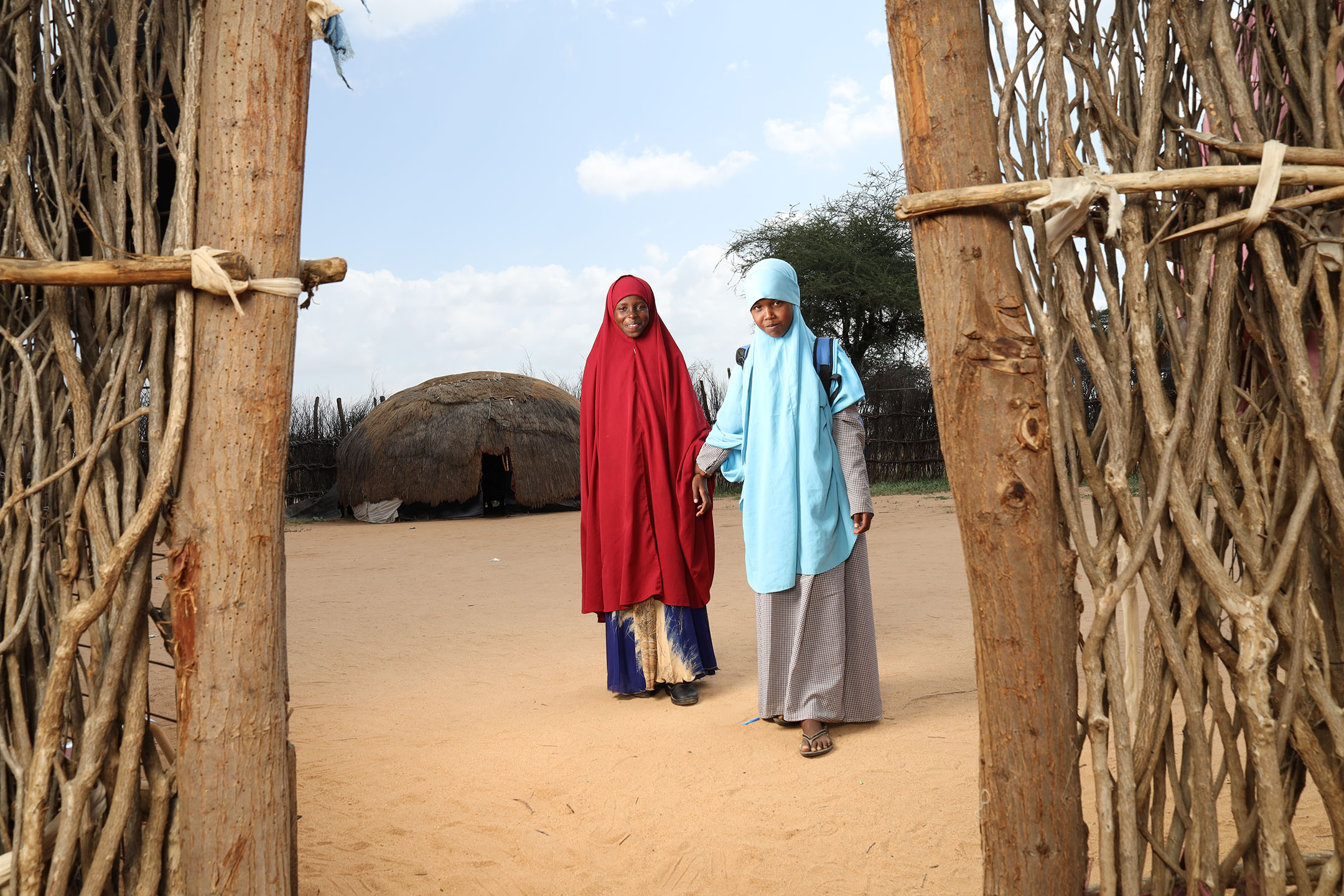The great French writer and politician Victor Hugo remarked: “Don’t educate your children to be rich. Educate them to be happy, so they know the value of things, not the price.”
While the meaning and purpose of education can be debated ad infinitum, the value of the happiness and safety of children is in most societies viewed as the true barometer of civilization. Perceived in this light, Kilifi County in Kenya’s coastal region would seem a not so happy place for some of its children. Among just over 1.45 million people, the young ones between ages 0 and 14, at 613,788, make up just under half the population, according to the 2019 national population census.
Kenya’s Ministry of Education documents that the county has 1,071 ECDs (Early Childhood Development) centres and 757 primary schools, both private and public, with a total enrolment of 414,369 children. Under most circumstances this would be considered relatively sufficient. Except for the fact that the county has 20,064 people living with disabilities.
In February 2023, Goodlife Orphanage Centre in Mtepeni within the county organised a day for parents and caregivers to bring children with disability who were out of school. The purpose was to place them in educational institutions after they had been assessed. The assessment was done by a 3-person panel consisting of an occupational therapist, a special needs teacher and a clinical officer.
“We were looking at disability in every child and determining what the child could and could not do,” says Endricah Musiomi, the Occupational Therapist.
“We also wanted to understand what happened at home, the nature of the home environment - the socio-economic factors surrounding a child. Such information would help us to know if a child was living with such disability as would inhibit their being in school or sitting in class. There are some with disability but are able go to school.”

To mobilise the community for the event, Radio Jahazi, in collaboration with Special Olympics Kenya, created awareness through broadcasts. This was part of a larger campaign called “Come Twende Shule” (Come, let’s go to school) rolled out by UNICEF in conjunction with the Kenya government and a few other partners. The implementing partner in the project is Centre for Behaviour Change Communication (CBCC), whose DigiRadio department developed and disseminated the radio messages. In response to the broadcasts, 102 children with disability were assessed. Ninety-four were referred for enrolment and eight in need of assistive devices identified.
One uplifting case from the assessment involves a 10-year-old girl called Anita Kai. “Anita was previously enrolled in school but attended on and off,” Endricah explains. “She has cerebral palsy which has caused her sever motor skills problems. She cannot hold a pencil, has tremors and involuntary movements. It makes it hard for a teacher to work with her. However, she can read. She is an extraordinarily intelligent child. The family’s socio-economic status is quite low but her mother is as determined as she that her daughter must get an education.”
When she needs to go to the toilet, for instance, Anita is able to express herself. However, she must be fed. And yet amid such extensive challenges, the assessors say one thing: “She has a terrific brain. That girl is sharp.” As a result of the assessment day, the mother finally succeeded in getting Anita enrolled at a nearby academy. Though the school is not equipped to meet her needs, Endricah reckons she is better off battling in there and learning something than being at home.
“And it is precisely because of people like her that we consider the assessment a big success,” Endricah adds. Such powerful testimony is what makes Goodlife want to help other children with disabilities. “We have learnt that around 95 per cent of CWDs in Kilifi South are not in school. They are hidden due to the ostracisation associated with disability.” Endricah concludes by observing that there is a notably large number of children with cerebral palsy in Kilifi. They all need help to get to school.



